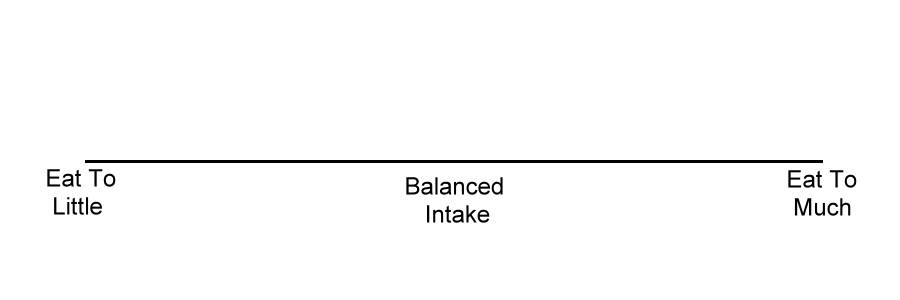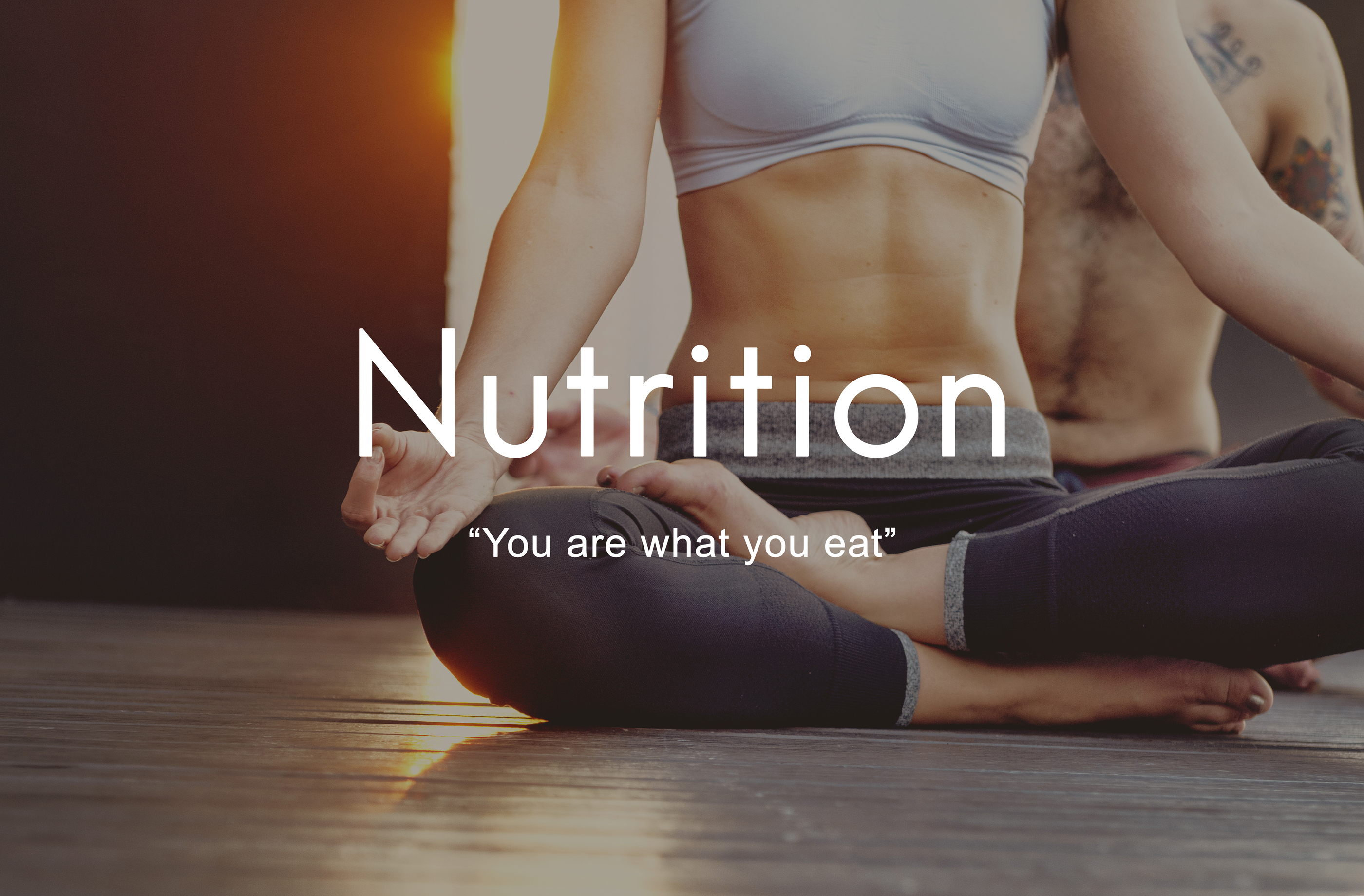Nutritional Guidance
There are many nutritional programs out there. From Atkins diet to the Dash diet, each program has different claims and benefits to their specific program; but when it comes to weight loss the one thing we do know is that the foundation to any successful weight management programs is still “calories in VS. calories out.” Aside from following the right nutritional program to help you achieve your goal, you also need to figure out which eating techniques and goal setting ideas work best for you.
If someone is overweight then they have been eating more calories then what their body can use and they are on the right end of this scale. To help lose weight, they don’t have to go all the way to the left end of the scale; just to the middle. They don’t’ have to diet to lose weight, they just have to start by reducing their caloric intake to a balanced amount to be in the center.



Getting proper nutrition is more than just calorie in versus calorie out, it is the fuel you choose for your body that directly affects your health and possible medical conditions that can affect you. If a person has high blood pressure, salt intake is concern. If they have diabetes, how much sugar (and type of sugar) they digest is a concern. It is very important that you choose your nutritional program based not only on your goals, but your current medical status.
You can’t talk about nutrition without discussing water. Water transports nutrition and carries out waste products from your body. If you are thirsty you are dehydrated. To truly rehydrate your body takes a couple of days. Minimal amount of water you should drink per day is 64 ounces unless certain medical conditions exist (talk to your doctor about this). Also, coffee does not count as water. Your body is composed of 70% water, not Starbucks. In regards to exercise, water is critical for optimal performance. Here are some links to various health associations and their nutritional guidelines. Everyone should talk to a nutritionist before beginning any new nutritional program.
American Heart Association
American Diabetes Association
National Osteoporosis Association
